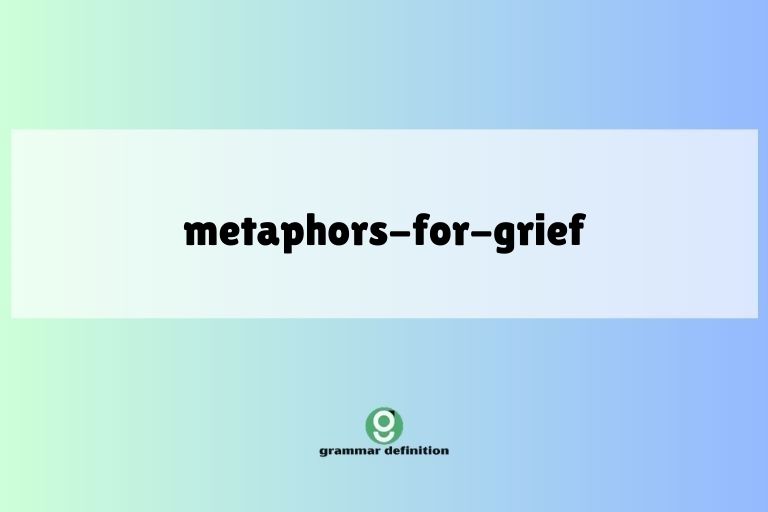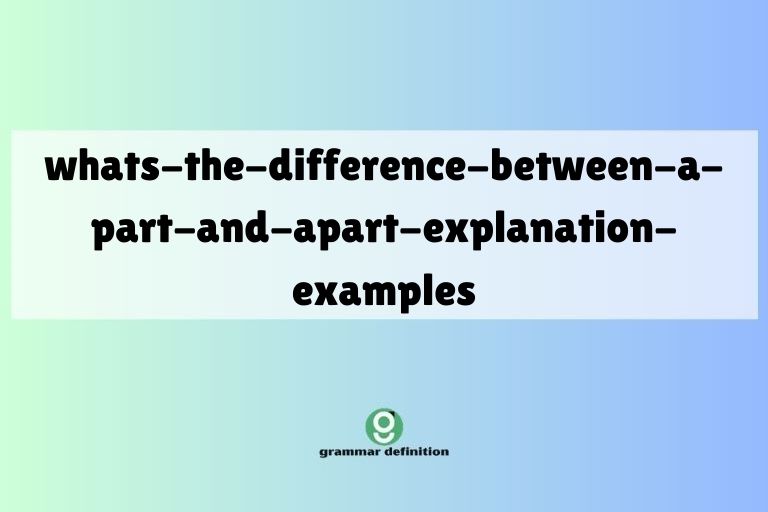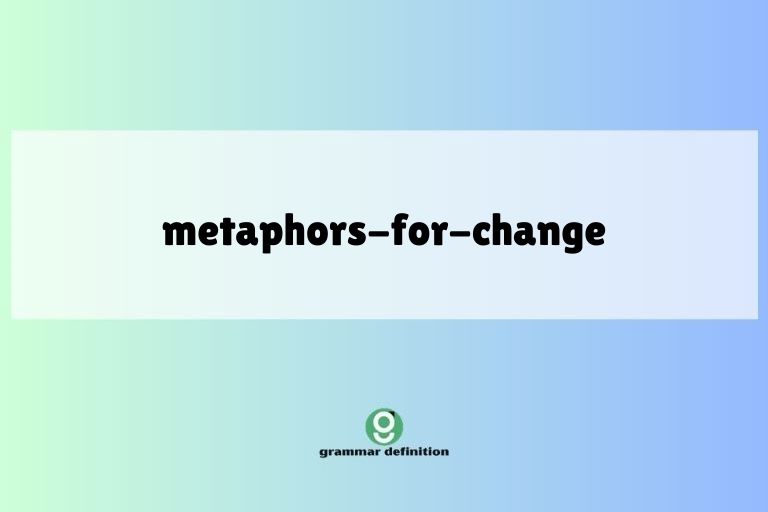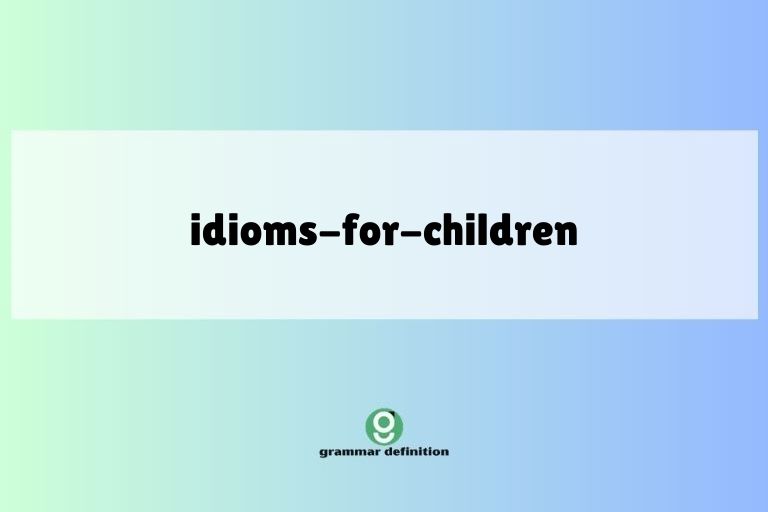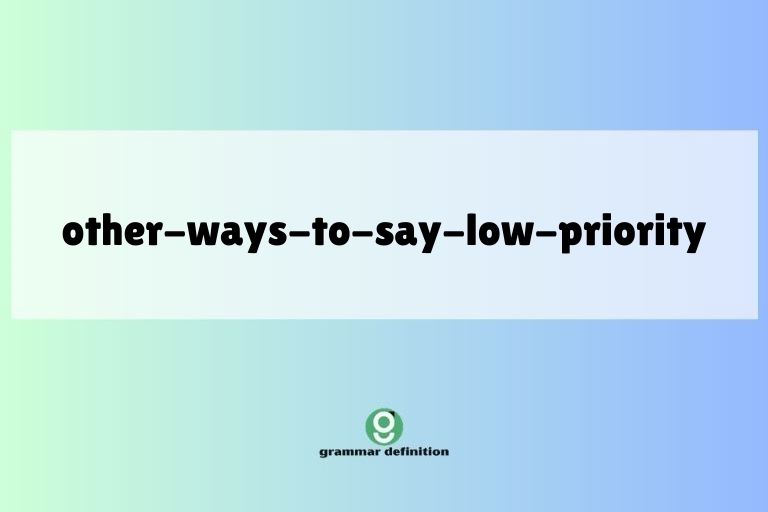Metaphors for Grief: Understanding Loss Through Language
Grief, a universal human experience, is often difficult to articulate. Language, while powerful, can sometimes fall short in capturing the depth and complexity of sorrow. This is where metaphors become invaluable. By using metaphors, we can express the inexpressible, making grief more tangible and understandable, both for ourselves and for others. This article delves into … Read more

